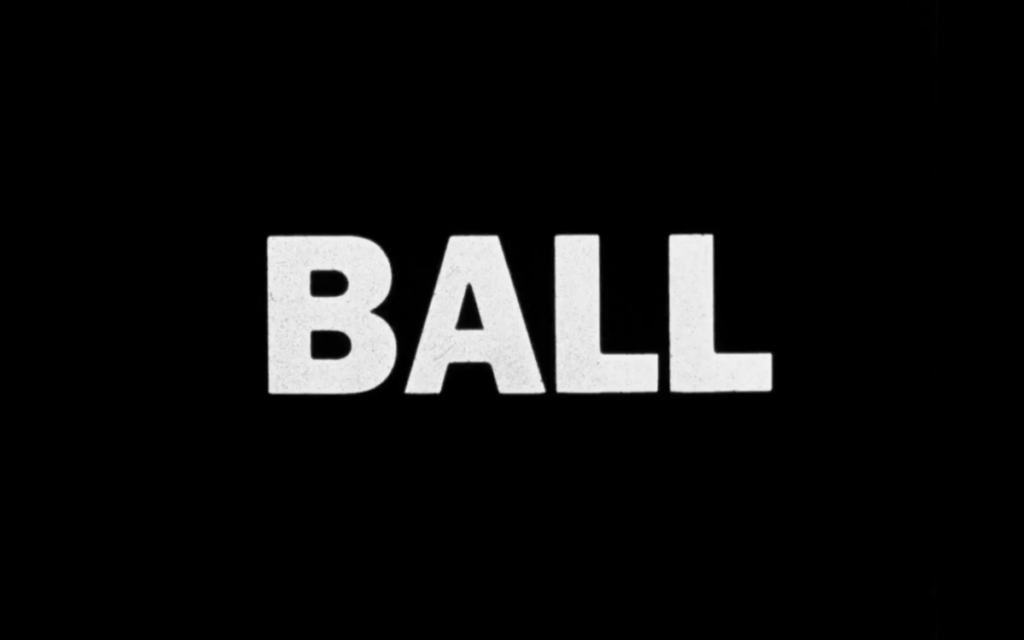Going into Paris is Burning (Livingston, 1990), I didn’t have a lot of knowledge about ballroom culture in New York, so it was interesting to learn about a new topic. I thought the film did a good job of presenting information about something that many people didn’t know a lot about at the time. Livingston employed many techniques to make a categorical but also rhetorical documentary. I liked how she split the categories up with the black title cards. Through this, the viewer got to learn all the different competition categories and ballroom and also learn who was being interviewed and so on. She uses rhetorical devices to create emotion and make the film feel very real. She interviewed people in real settings: in their homes, on the street, and in dressing rooms. These are medium-close-up interviews where people tell the camera about their lives. It feels very intimate. The camera work in this film added to the energy at the beginning of the film. The handheld camera and interesting angles contribute to the vibrant feel of the stage and the ball. It was an impressively directed movie for someone who hadn’t made a film before.

“Ball” title card in Paris is Burning (Livingston, 1990)
Voyeurism seems to be a common theme throughout film whether it’s a theme within the film or a theme of the film production. The Guardian article we read brought up an interesting criticism of the film about whether Livingston, being a middle-class, white woman, was playing the role of voyeur. I liked that Livingston brought awareness to a group of people and topics that aren’t often filmed. They’re people who didn’t often have movies made about them and didn’t get to share their stories as much. However, I don’t know how I feel about her profiting off the film. I think she should’ve taken the profits and either invested it in the people in the film or donated it to a charity. I also think her being an outsider looking in had an affect on the ending. The end of the movie was rather sad compared to its strong, empowering start. The last scene in the movie is very pessimistic and sad as the viewer listens to Dorian Corey talk about their failed dreams of stardom. The very last words are “if you shoot an arrow and it goes real high, hooray for you” which are said very monotone. This ending leaves a lasting effect of melancholy on the viewer which contrasts the beginning tone of the film. It took away from the film’s empowering beginning and made it more of a sad story.
Overall, I enjoyed the movie but I also agree with and understand many of the criticisms of it. Although sharing these stories is important and it was good that someone did, I don’t think she should’ve profited off of them and I think she could’ve shown them in a different light in the end.